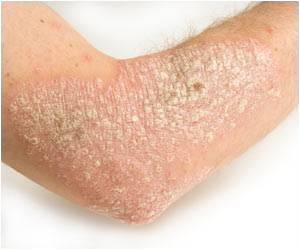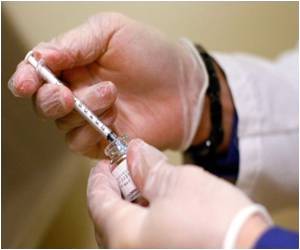Scientists have developed novel specific tests to spot cancer biomarkers in patients with dermatomyositis - a systemic inflammatory disease associated with increased risk of malignancy.

"For the physician treating patients with dermatomyositis, identifying those at higher risk for cancer is a top priority," explains Dr. David Fiorentino from Stanford University in Redwood City, Cal. "Our team focused on creating specific tests to detect antibodies against two specific proteins and then testing if those antibodies can identify dermatomyositis patients at higher risk of cancer."
The team used both immunoblotting and immunoprecipitation techniques to detect antibodies against TIF-1γ and NXP-2 proteins. Blood analysis was performed on 111 patients from Stanford University Dermatology Clinic and 102 patients from the Johns Hopkins University (JHU) Myositis Center. Both groups were similar in gender and age at diagnosis.
Results show that 17% and 38% of subjects in the two cohorts combined had antibodies against NXP-2 and TIF-1γ, respectively. Using the specific assays, researchers found 83% of dermatomyositis patients with cancer had a reaction to NXP-2 or TIF-1γ. Further analysis indicates that cancer, older age, and male gender were linked to NXP-2 or TIF-1γ antibodies, with anti-NXP-2 specifically associated with cancer in men.
"Our findings confirm the link between cancer and age in dermatomyositis, with a sharp increase in frequency at roughly 60 years of age." concludes Dr. Fiorentino. "By determining the presence or absence of NXP-2 and TIF-1γ antibodies, we believe that this will aid clinicians in identifying those with the highest cancer risk."
Source-Eurekalert















